Dropsa
Dropsa
Lubrication Systems Solutions Specialists
- Home
- Sobre a DropsA
- Soluções
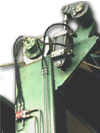 Para indústrias
Para indústrias- Máquinas agrícolas
- Energia
- Cimenteiras e matérias-primas
- Alimentação e bebidas
- Máquinas ferramenta, prensas e modelagem de metal
- Sawing machines
- Prensas
- Setor Marítimo & Offshore
- Indústria mineira e da construção
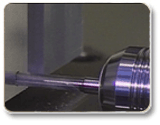 MQL: Usinagem Quase Seca
MQL: Usinagem Quase Seca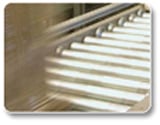 Outras aplicações especiais
Outras aplicações especiais- Papel e madeira
 Ferrovias
Ferrovias- Aço e alumínio
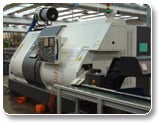 Transportes-Equipamentos e Infraestruturas
Transportes-Equipamentos e Infraestruturas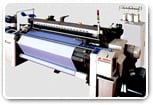 Têxteis
Têxteis
 Para sistemas de lubrificação
Para sistemas de lubrificação
- POR ESTUDO DE CASO
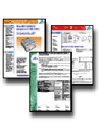 Catálogo de Componentes
Catálogo de Componentes Bombas
Bombas Distribuidores
Distribuidores Injetores & Dosadores
Injetores & Dosadores Manifolds
Manifolds Conexões & Acessórios
Conexões & Acessórios Tubos rígidos e flexíveis e acessórios
Tubos rígidos e flexíveis e acessórios Controladores
Controladores- Mínima Quantidade de Lubrificante - MQL
 Lubrificação de Ar/Óleo
Lubrificação de Ar/Óleo Sistemas de Névoa
Sistemas de Névoa Especiais
Especiais Válvulas
Válvulas Pulverizador
Pulverizador Pincéis
Pincéis Filtros
Filtros Reservatórios
Reservatórios Acessórios
Acessórios Lubrificantes e Consumíveis
Lubrificantes e Consumíveis Sensores & Equipamentos de Monitoração
Sensores & Equipamentos de Monitoração
- Formulário para Contato
- Blog









